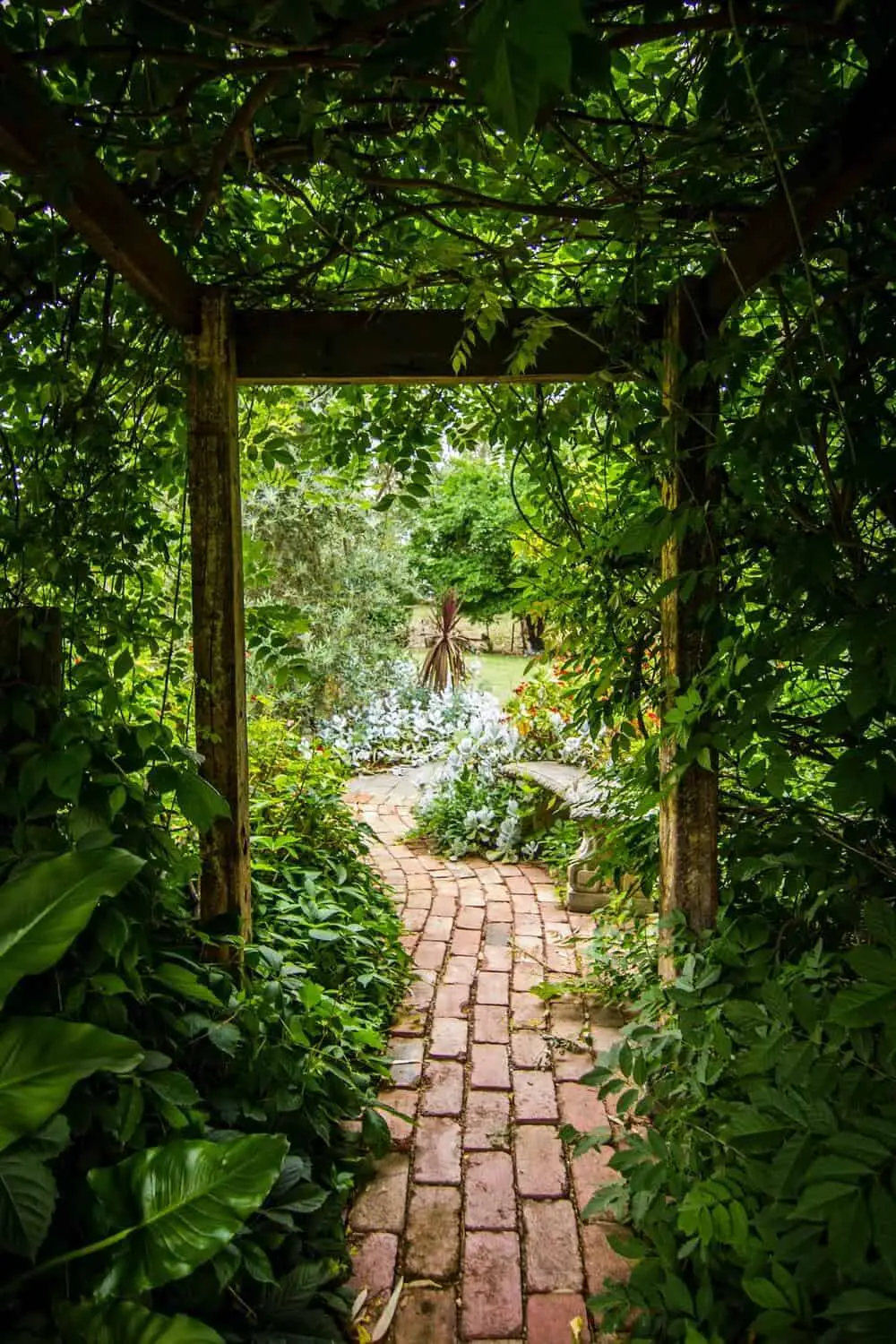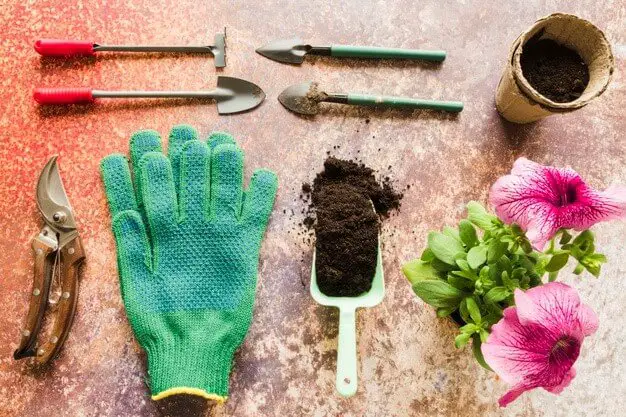Contents
Borax, also called sodium tetraborate, is truly a wonder product. It serves as a multipurpose house cleaner, an emulsifier, and a preservative for food products and so many other cosmetic products such as shampoos, creams, and lotions to name a few. Its variety of use for so many house chores is endless such that it has become a staple in many households.

From getting rid of mildew and stains to whitening fabrics and neutralizing odors it is an indispensable product. However, what most people do not know is that it could serve as a multipurpose product in their gardens. In this article, I’ll be answering common questions people ask about Borax being too toxic for gardens. So, without further ado, here are some of its incredible uses for your garden.
Perfect Homemade Pesticide
Dealing with weeds in your garden or backyard can be very tough to handle. They just spring up anywhere and everywhere. To effectively get rid of them, simply mix one part of borax with thirty parts water and fill a sprayer with the mixture. Please note that this concentration is toxic and you’ll have to wear gloves so it doesn’t come in contact with your skin. Cover the leaves of the weed with the mixture, ensuring that it doesn’t touch the plants you wish to keep growing in your garden. Finally, keep it away from the soil.
Great Fertilizer
Please do not be confused. Borax can both be used to grow plants and kill them. It all has to do with the amount that you apply to your plants. With borax, a little goes a long way. Too much of it is toxic to plants and a little of it helps fertilize them.
Boron, a constituent of Borax, is a micronutrient found in the soil that is needed for the healthy growth and development of plants. It is an important constituent of every plant’s cell walls as well as its reproductive organs.
In fact, some research studies have shown that most soils are highly deficient in the boron micronutrient. This is mainly because it is a mobile nutrient that easily permeates through the soil. Therefore sandy soils are the most deficient among all types because they have a low water holding capacity.
Because Boron is needed for the stability and formation of cell walls as well as pollination, a deficiency would result in a reduced flower formation in plants, stunted root growth, empty pollen grains, and reduced pollen vitality.
Boron deficiency is easily identified through the bushy stunted growth of plants, their low productivity (flowers not setting seeds), and the death of their growing points such as their basal buds, rhizomes, and stolons to name a few.
To confirm the Boron content of your soil, simply send a soil sample to the laboratory where any of the following three tests can be carried out; Hot water test (HWT), Mehlich-1, and Mehlich-3. If the soil test indicates that the available Boron content is less than 1ppm, then this is critical and it needs to be replenished. To do so, simply mix Borax (in the quantity of 1 tablespoon per 100 sq. ft.) in the soil to fertilize your plant.
Triples as a Pesticide
Gardens and insects always go hand in hand and they are great indeed for pollination but what happens when they are damaging to your plants. Like all toxic relationships, we’ve got to get rid of them. So, if you’ve got an ant infestation, simply mix equal parts honey or maple syrup with Borax and apply to the affected spot. The honey or maple syrup serves as bait and you’ll realize that they’ll be gotten rid of overnight.
To get rid of flies, simply make a paste of 25g Borax and some hot water, then mix it with about 700ml of cold or lukewarm water. Finally, you place it in a sprayer and spray the flies with it. You could also apply it to the stems and barks of other trees to destroy the insects that are living in there being parasitic to the trees.
Get Rid of Rust on Garden Tools

As a kid, I remember using lime to clean rust from jewelry, my bike, my pair of scissors, and many other rusted items. It worked like magic to me. A faster method to achieve this same result will be mixing Borax with lime or lemon juice. Ensure that each ingredient is in equal parts. Then apply it to the surface of the rusted garden tool. Scrub off the rust with a scour brush and rinse. Watch the magic that is citric acid and Borax in action. Et voila! Your tools are back to looking almost as good as new.
Powerful Disinfectant
You could make use of Borax as a disinfectant for your garden space and tools. Just mix a quarter cup of borax with a half-gallon of water. Use it to scrub tools and planting pots. Afterward, rinse the items off and leave them to dry. They are now germ-free.
Now that you know all the incredible things you could do with this essential household product it is safe to stock up on it. Remember to wear gloves when working with the compound. Also, keep harsh concentrations of it away from plants you love, kids, and pets as it could become quite toxic. Finally, yes, it can be used as a fertilizer and weed killer. This isn’t a conundrum. It just depends on the concentration you apply.
Good to Read : How To Make A Homemade Weed Killer?
Want to know more about gardening ?
Fill in your email address in the form below and you'll receive all the latest updates directly in your in-box.
Thank you for subscribing.
Something went wrong.